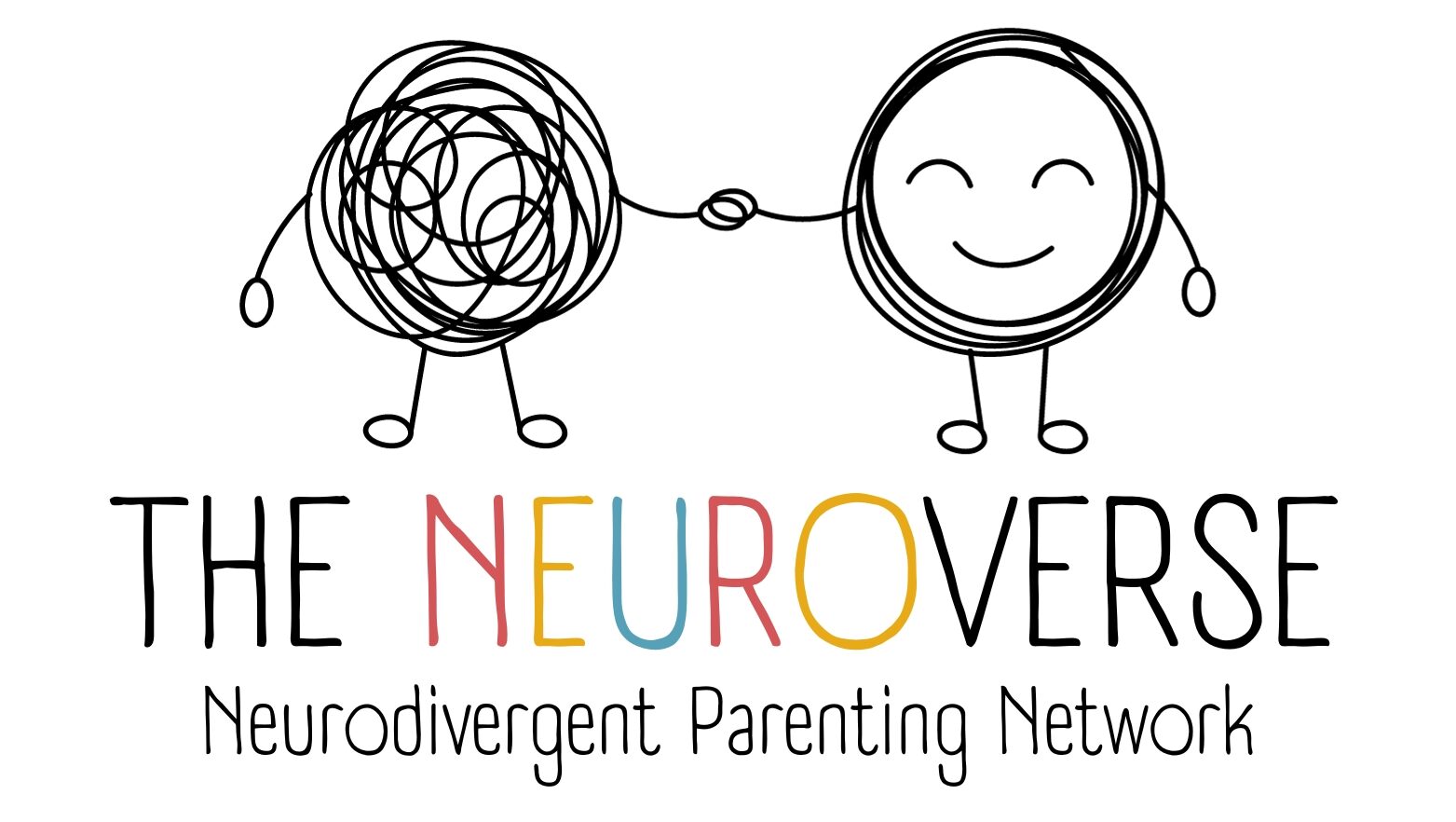When Your Child Triggers You: Understanding and Managing Parenting Triggers

Parenting is a deeply emotional journey that often reveals hidden wounds from our own childhoods. It’s normal for parents to feel triggered by their children’s behaviour, which can lead to reactive rather than thoughtful responses. Recognising and understanding these triggers is essential for building a healthier relationship with your child and enhancing your emotional well-being.
What Is a Trigger?
It’s when something in the present moment flips a switch in your brain, bringing up a wave of strong emotions from the past. This reaction often feels disproportionate to the actual event because it is tied to unresolved feelings or memories from earlier in life.
What Are Parenting Triggers?
Parenting triggers are intense emotional reactions to your child’s behaviour, often rooted in past experiences and unresolved childhood issues. These triggers can lead to feelings of anger, frustration, or helplessness, causing parents to respond in ways they later regret. Identifying these triggers is the first step toward managing them effectively.
Common Parenting Triggers
- Concerns About Health and Safety:
Worrying about your child’s eating habits or safety.
- Unmet Emotional Needs:
Reacting to your child’s emotions when you were not allowed to express similar emotions growing up.
- Behavioural Expectations:
Feeling triggered by your child’s defiance or rudeness, especially if you were punished for such behaviour in your own childhood.
- Personal Boundaries:
Feeling overwhelmed by constant noise, mess, or lack of personal space and privacy.
Why Recognising Triggers Is Important
Recognising your triggers helps break the cycle of intergenerational trauma and creates a nurturing environment for your child. It allows you to respond to your child’s needs thoughtfully rather than reactively, fostering a more positive and supportive parenting approach.
Steps to Handle Parenting Triggers
- Notice Physical Reactions:
Pay attention to physical signs of being triggered, such as a racing heart, tight chest, or shallow breathing. Recognizing these signs early can help you take a step back before reacting.
- Identify Your Response Mode:
Determine if you’re in fight, flight, or freeze mode. Fight might involve raising your voice, flight could mean storming out, and freeze might look like giving the silent treatment.
- Self-Compassion:
Remind yourself that being triggered is a natural response to past wounds. Practice self-kindness by taking deep breaths, drinking water, or stepping away to calm down.
- Reflect on Childhood Connections:
Consider how the current situation may relate to your own childhood experiences. Were you allowed to express emotions? Did you feel valued and heard? Understanding these connections can help you manage your responses better.
- Communicate and Process:
Once calm, communicate with your child if appropriate, or write down your thoughts. Processing your emotions helps in forming new, healthier neural pathways for future interactions.
Practical Tips for Tough Parenting Days
When parenting feels overwhelming, try these strategies to regain your balance:
- Accept Your Limitations:
Understand that you can’t do everything perfectly. Be kind to yourself and focus on doing your best.
- Set Boundaries:
Learn to say no and prioritize your well-being.
- Adjust Expectations:
Ensure your expectations are developmentally appropriate for your child’s age.
- Let Go of Control:
Allow flexibility in your routines when necessary. For instance, it’s okay to extend screen time if you need a break.
- Use Nature for Healing:
Spend time outdoors to reduce stress and improve mood.
- Limit Parenting Advice:
Avoid overloading on external advice. Trust your instincts and take breaks from parenting literature if needed.
- Check the Basics:
Ensure you’re getting enough sleep, eating well, and staying active.
- Seek Support:
Talk to friends, join support groups, or seek professional help if needed.
The Four S’s of Handling Meltdowns
Neuropsychiatrist Dr. Daniel Siegel outlines four key needs children have during emotional meltdowns:
- SEEN: Understand and empathize with your child’s feelings.
- SAFE: Avoid responses that frighten or harm your child.
- SOOTHED: Help them manage difficult emotions.
- SECURE: Foster a sense of well-being and stability.
In conclusion, managing parenting triggers is challenging but once uncovered and understood, it can also be rewarding. By understanding and addressing your own emotional responses, you can become a more grounded and empathetic parent. Remember, it’s not about being perfect but about striving to respond thoughtfully and repair any ruptures in the parent-child relationship. With time, patience, and self-compassion, you can navigate parenting triggers and create a healthier, more supportive environment for your child.



Leave a Reply